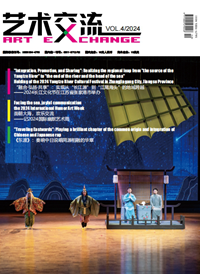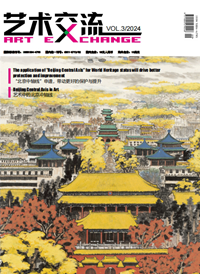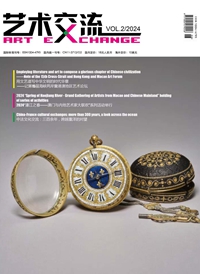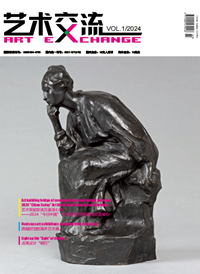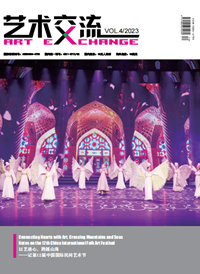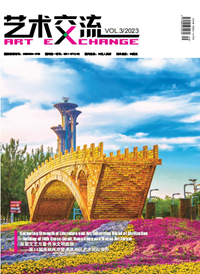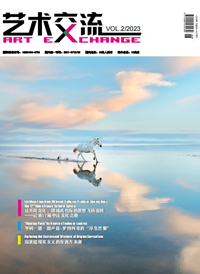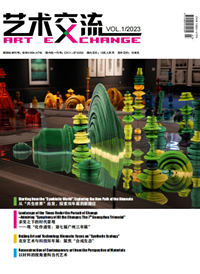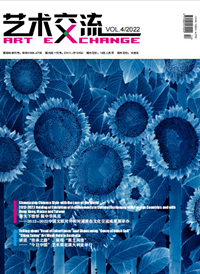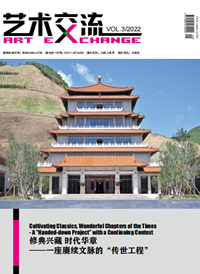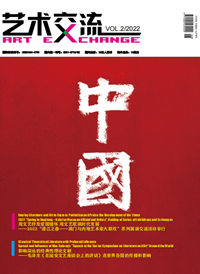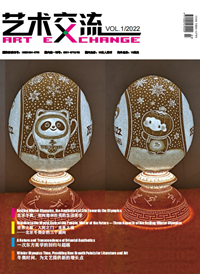On January 6, Leung Ping-kwan, a famous writer of Hong Kong passed away, and only half a year ago he became Writer of the Year in HK Book Fair. According to his familiar friend Liao Weitang, who is also a writer and poet in HK, “it is always his emphasized point that HK literature shall never disappear in the global circumstance.” Reportedly, his only last wish is more extensive focus on HK literature in the future.
Just as his last wish goes, while swordsman fiction by Cha Leung-yung, romantic fiction by Nee Yeh-su, prose by Cheung Siu Han and film-and-TV-related pop literature by Lilian Lee gain popularity, the readers in the mainland have actually scarce knowledge about HK literature. In recent years, fascination with prose by Tung Chiao and Mantao Leung is only a narrow perspective of mainland reading.
Reporter: What about HK writers’ life, creation and exchange? The other day when I came across your medium-length novel Vessel Without Sail, I can find a sense of drifting in urban living. Is it a common feeling shared by all the HK writers?
Tao Ran: The situation in HK is quite special. Perhaps every writer more or less will bear an urban complex as a HK citizen. However, generally speaking, most of them take writing as their hobby and they need to earn money to make a living, and thus they have quite little exchange with each other. Many writers used to write a column in newspaper and magazine as a way to voice those citizens at the bottom of the society. Later, with great changes over newspaper industry in HK, such creation has been considerably affected. In such a commercialized society as HK, press must aim at profit and it is indeed difficult to realize the publication of serious literature. An average publication number will be the minimum, let’s say, 1000 volumes. This phenomenon once aroused great concern in HK literature circle because they found themselves increasingly marginalized. But in my opinion, this is more like a kind of evolution through natural choice. Those who love writing will still continue and those who can survive finally prove to be better.
Reporter: In retrospect of HK literature history, those writers who moved from South China, as the first generation in HK, have transferred from nostalgia to local expression, and their creation have become a must-say. What is the impact of their creation upon HK literature?
Tao Ran: For HK literature, they certainly have exerted a significant impact. As a matter of fact, most of them, as passers-by, took HK as a temporary shelter from political and social turmoil and short transition and springboard to a better place and therefore had no plan for long-term residence. Let’s take Eileen Chang for example, she almost take Shanghai as her creation base. Xu Xu, though he lived quite a long time till his death, hardly wrote anything about HK. Nevertheless, their remarkable achievement in literature has become some influence in an objective way. As to those writers after 1949, owing to limitation of concept and linguistic custom, they made little impact in an overall way. Later writers who moved from South China to HK even became a negative impression in local society. Starting from the 1920s, HK literature seems never to have prospered or disappeared, which is quite an interesting topic. There used to be a joke in HK that you can coax someone to take up literary magazine if you want to drive him or her bankrupt or take up newspaper industry if you want his or her family to pay the debt for three generations. Even so, people constantly participate in this career and literary journals and creation remain to be unceasing.
Reporter: In your opinion, what is the genuine start point of localization in HK literature? If you define “localization” of HK literature, what characteristics should be involved?
Tao Ran: From the generation born after the World WarⅡ, HK writers gained a strong sense of localization. They mostly won their fame in the 1970s or 1980s, and raised the question of HK identity in a sensitive mood. They had been confused or wandering between Chinese, HK citizen and the past British colony. As to the young generation in today’s society, their recognition of identity is somewhat a kind of dissatisfaction with the current situation. Those senses of localization will become a stress on local growing up in literature. In the meanwhile, because of differences in living circles and kindred, a brand new living custom, human expression and even language feature has come into being.
Reporter: We always mention the root in literature. Then what is the root of HK literature? In other words, what is the reason for most HK writers’ persistence and efforts? What kind of change has taken place in HK literature since the returning to the motherland?
Tao Ran: The basic root in HK literature is from Chinese literature. At the same time, in such an intersection point of Chinese and western cultures, HK writers are able to learn latest information from varied countries and absorb cultural nutrient all over the world. Especially those young writers who are proficient in both Chinese and English have gained quantity of knowledge and displayed a dual feature of tradition and modernity. After 1997, no more epic has shown up in HK, which is always ridiculed. Though we have Hong Kong Trilogy written by Shi Shu-ching, she is actually a Taiwanese author. Even some current writers such as Dong Qizhang, Han Lizhu and Ge Liang became famous in Taiwan and then more famous in Hong Kong. As an epic takes a writer quite a long time to get reference in libraries, the difficult living condition of HK writers is an objective reason as well.



